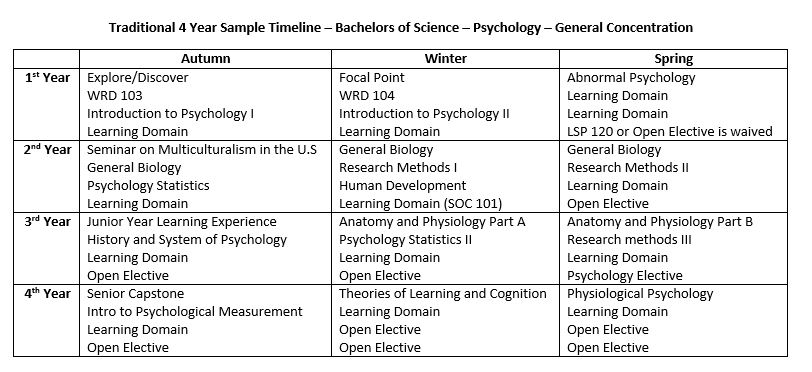The practice of occupational therapy (OT) means the therapeutic use of everyday activities or "occupations" with individuals or groups for the purpose of enabling them to participate in their daily activities at home, school, work, community or other settings that they want and need to do. OT services are provided for the purpose of promoting health and wellness to those who either have or are at risk for developing an illness, injury, disease, disorder, condition, impairment, disability, activity limitation, or participation restriction.
There are currently 170 accredited master's entry OT programs (MOT), and 68 accredited doctoral entry level OT programs (OTD) in the U.S. Typically a master's OT program is 2-3 years of coursework after your bachelor's degree.
It is important for students to check each school's requirements carefully as some schools will require information not listed above. For more information about a specific school's program, contact that program directly or visit the AOTA.
Students apply to occupational therapy school through a centralized application system called the Centralized Application Service for Occupational Therapy (OTCAS), however, not all schools utilize the OTCAS. Students should check each school's requirements and admission process carefully as they may have to apply to each school individually. The OTCAS opens mid-July.
Cost: The cost for the OTCAS application is $155.00 for one school + $67.00 for each additional school.
Although many occupational therapy programs are moving away from standardized tests, some may require students to take the Graduate Records Examination (GRE). However, students should check each individual school to learn their specific requirements.
Cost: The GRE costs $205.00
It is important for students to check each school's requirements carefully as some schools will require courses not listed below. For more information about a specific program's prerequisites, please contact the school directly.
| Anatomy (or combined section) |
1 quarter |
| Physiology (or combined section) |
1 quarter |
| Statistics |
1 quarter |
| General Psychology |
1 quarter |
| Abnormal Psychology |
1 quarter |
| Sociology or Anthopology |
1 quarter |
| Human Development or Lifespan Developement |
1 quarter |
| Medical Terminology |
1 quarter |
| Kinesiology (recommended) |
1 quarter |
| Neuroscience (recommended) |
1 quarter |
Students should meet with their academic advisor and pre-health advisor each quarter to make sure they are taking the correct courses for their major/professional interest.
Below is a sample timeline for a Psychology major. Please be aware that OT programs do not require or prefer a specific major and the below timeline should not be used to replace meeting with an academic advisor.

Unfortunately, because not all OT programs utilize the central
application system, Pre-Health Advising does not have access to this data.
National Average Cumulative GPA: 3.6
National Average Science GPA: 3.5